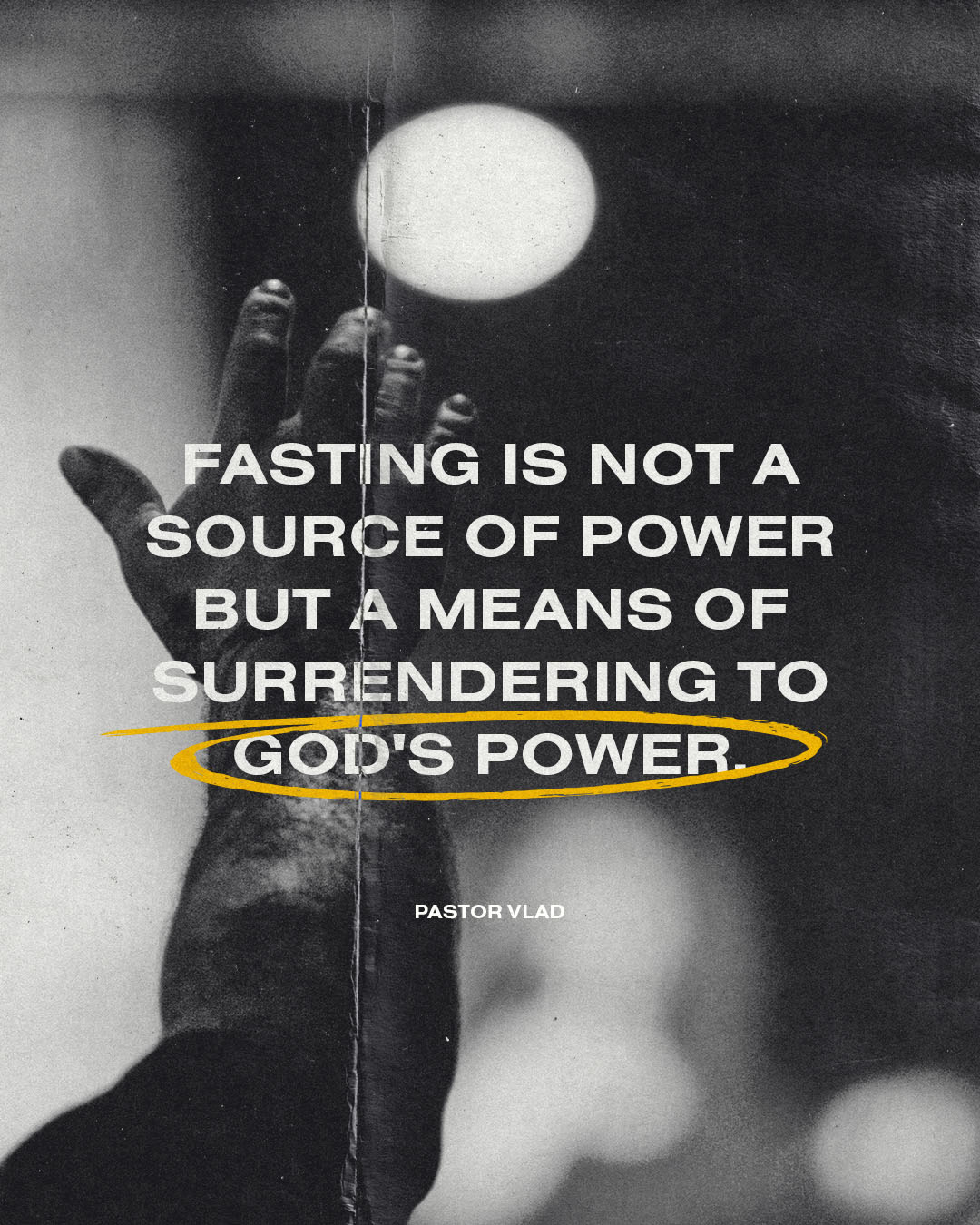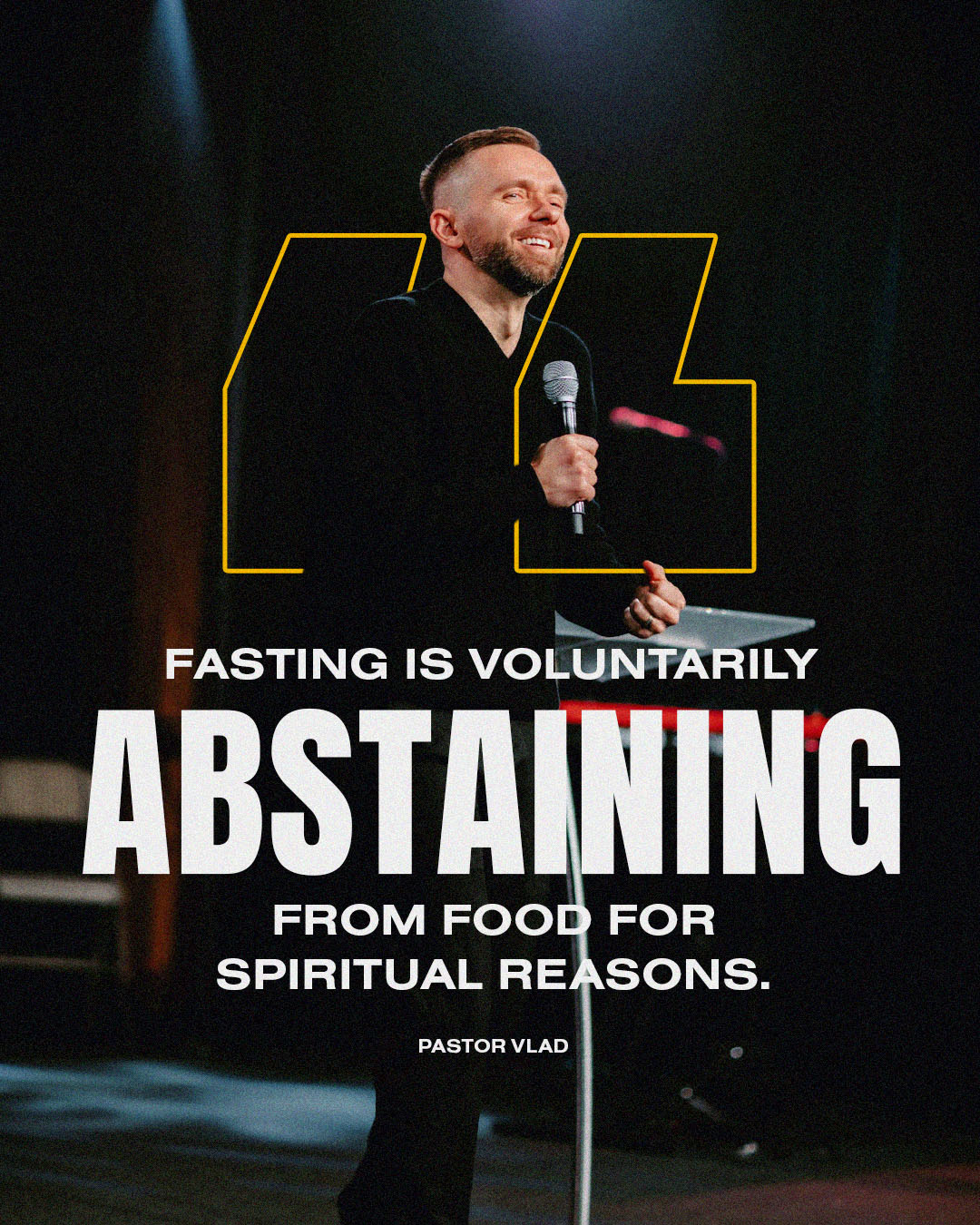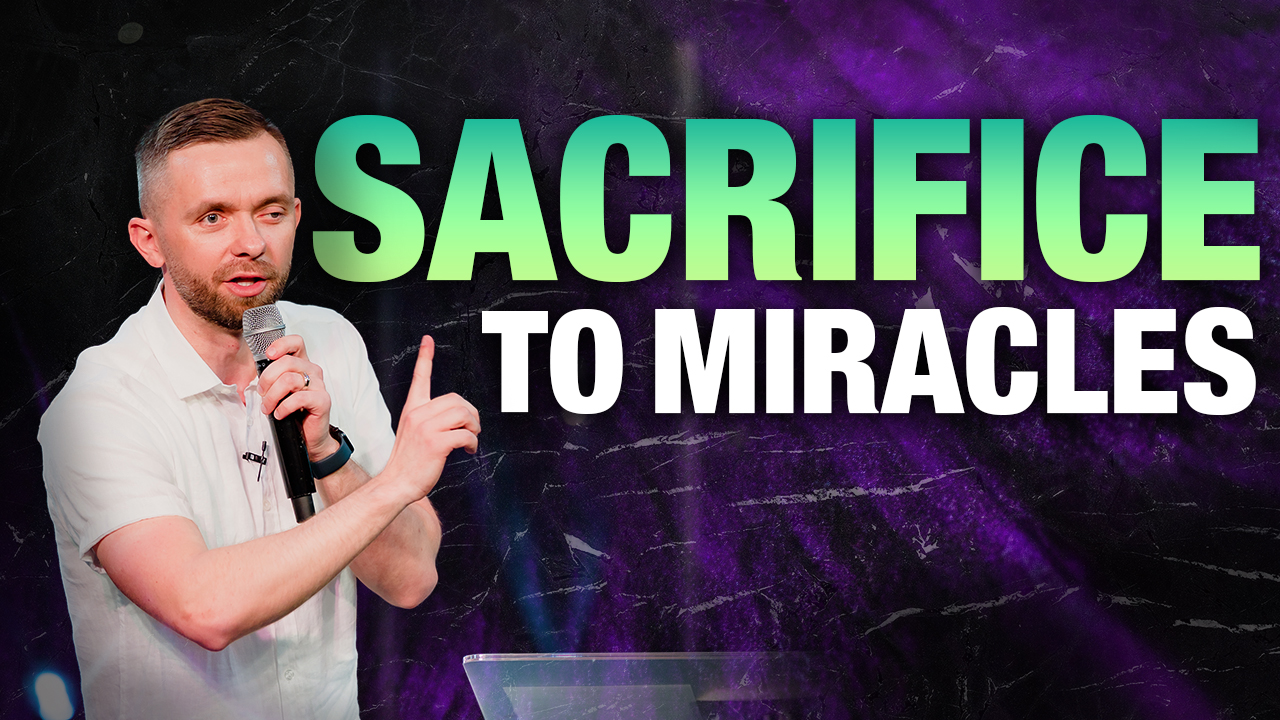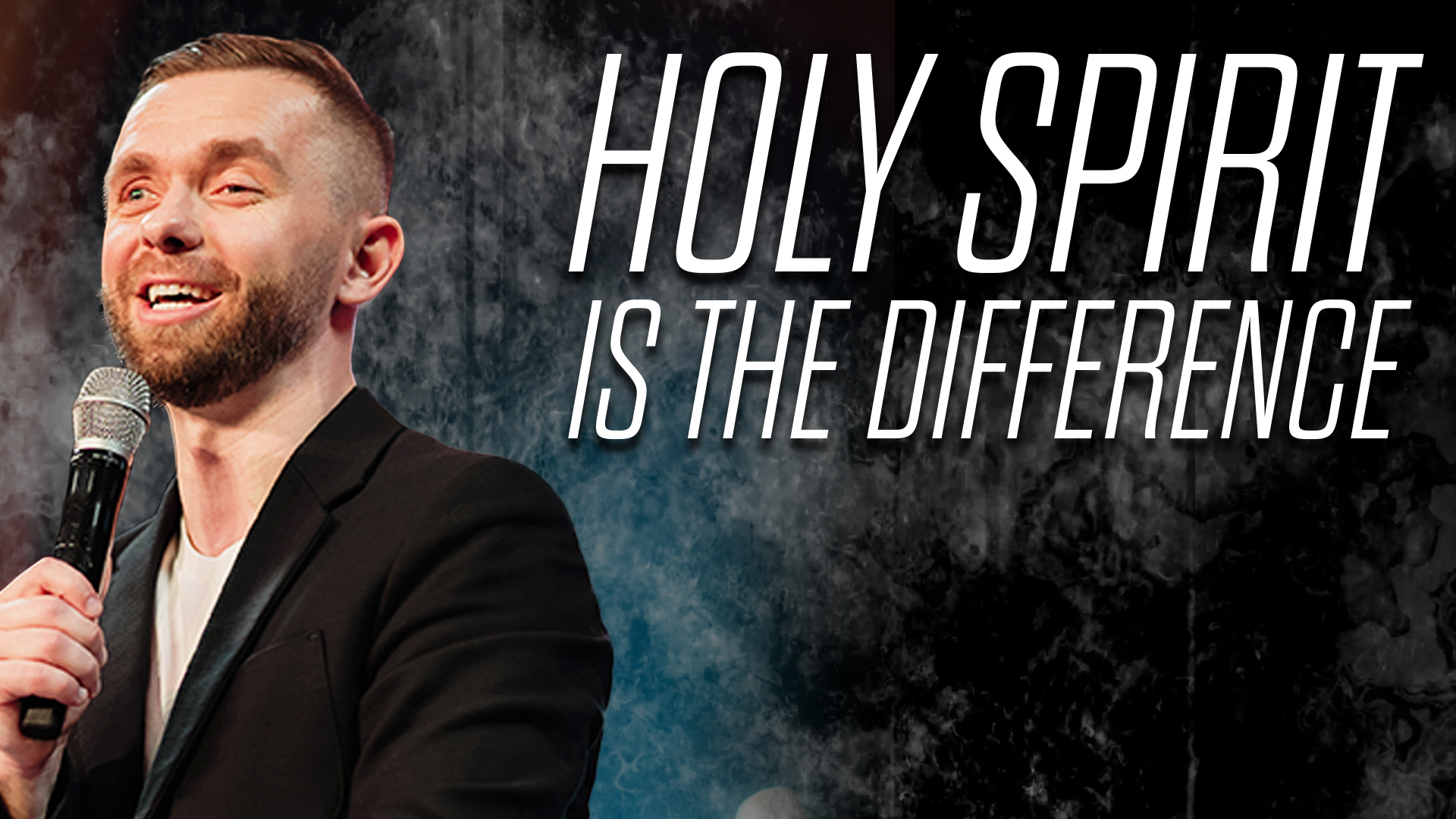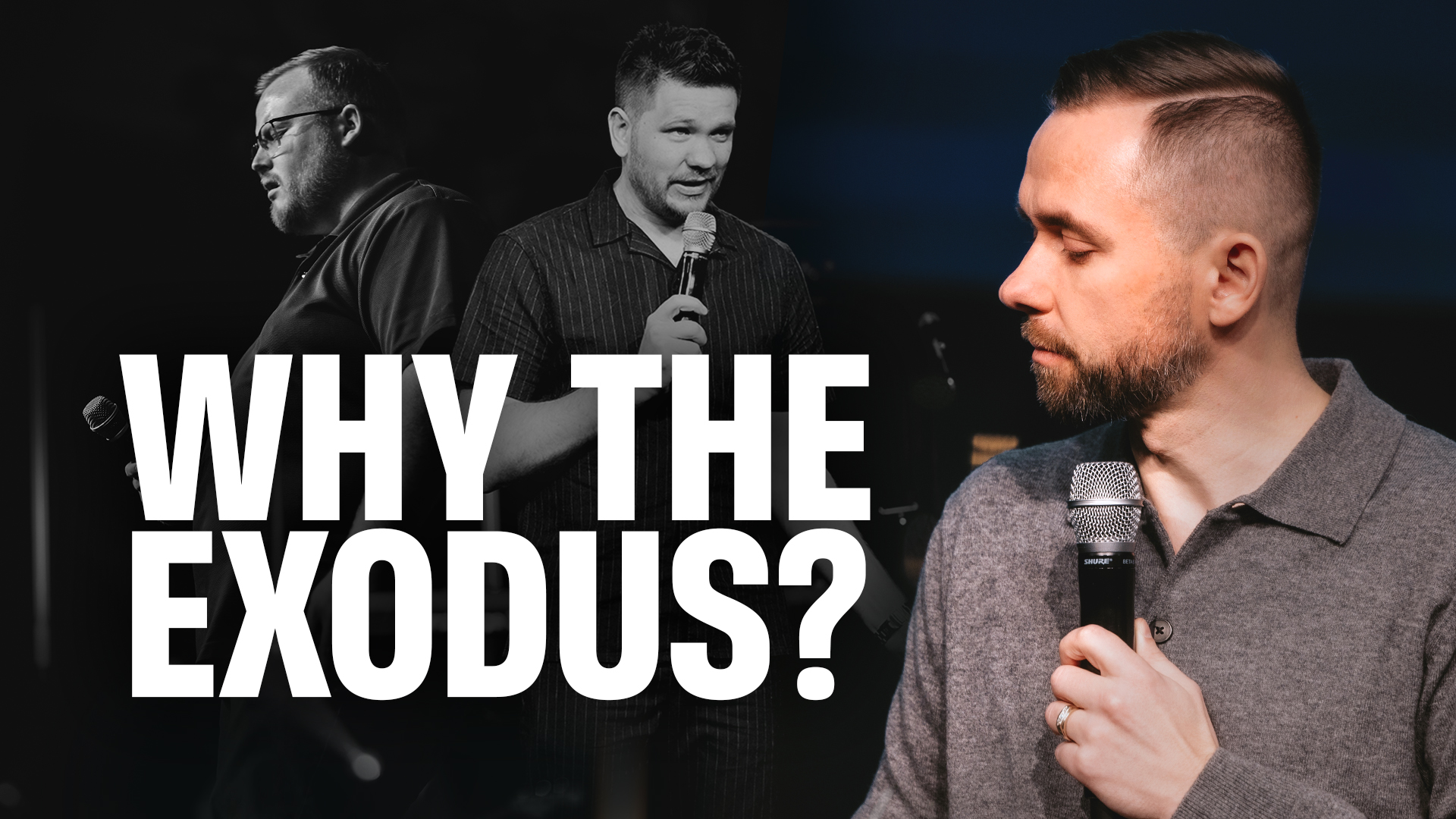Sermon Summary
Fasting is the voluntary abstinence from food for spiritual purposes. In Matthew 6:16–18, Jesus teaches that fasting should be done sincerely and privately, focusing on God rather than seeking public approval. He acknowledges fasting as an expected practice for His followers but emphasizes the importance of humility and intimacy with the Father.
Key Points:
- Types and Length of Fasting:
- Types: Absolute, Normal, and Partial fasts.
- Lengths: 1 day (repentance), 3 days (Esther, Paul), 7 days (mourning), 21 days (Daniel), 40 days (Moses, Elijah, Jesus).
- Relational, Not Ritualistic:
- Fasting deepens awareness of God’s presence and strengthens intimacy with Him.
- It is an act of surrender, not a transaction to gain favor.
- Rewards of Fasting:
- Strengthens prayer, fosters humility, expresses grief, and seeks divine intervention.
- Prepares for God’s calling and combats pride, greed, and lust.
- Promotes spiritual and physical renewal, including detoxification and cellular health.
Fasting, though practiced in private, has both spiritual and tangible rewards, leading to greater godliness and dependence on God’s power.



